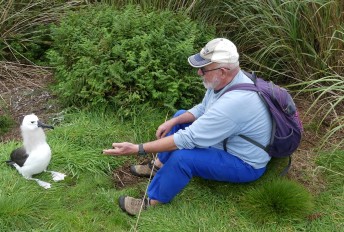
Posted on September 02, 2019
Emeritus Professor Marthán Bester, from the Department of Zoology and Entomology in the Faculty of Natural and Agricultural Sciences at the University of Pretoria (UP), was awarded the distinguished Gold Medal of the Zoological Society of Southern Africa (ZSSA) at the 39th ZSSA Congress held in...

Posted on August 23, 2019
Dr Abdullahi Yusuf, a researcher in the Department of Zoology and Entomology at the University of Pretoria, was recently awarded a 2019 Humboldt Alumni Award for innovative networking initiatives, conferred on the occasion of the 250th anniversary of Alexander von Humboldt’s birth.

Posted on August 23, 2019
Ruben Cruywagen, an MSc (Entomology) student in the Department of Zoology and Entomology at the University of Pretoria, was recently awarded the prize for the best student oral presentation at the 21st Scientific Congress of the Entomological Society of Southern Africa (ESSA) in Umhlanga,...
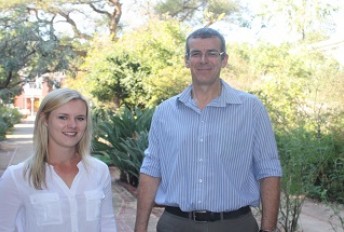
Posted on June 25, 2019
Scientists at the University of Pretoria (UP) and National Zoological Gardens of South Africa (NZG) predict that the arid western parts of southern Africa will lose much of its bird life by the end of the century as a result of climate change.
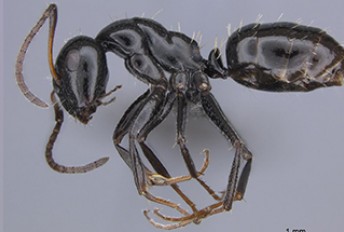
Posted on June 05, 2019
A University of Pretoria (UP) study on ants that inhabit various mountain sites across the world has found that if greenhouse gas emissions continue on the current trajectory, the planet faces major ecosystem changes.
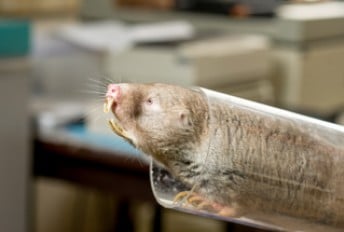
Posted on May 30, 2019
Three University of Pretoria (UP) scientists are part of a team whose research on African mole-rats has led to a discovery that may hold the key to pain management in humans.
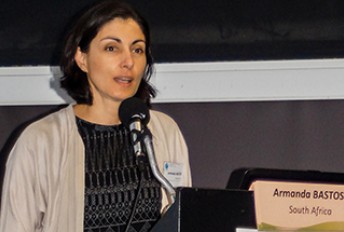
Posted on February 11, 2019
Two renowned researchers from the Department of Zoology and Entomology at the University of Pretoria, Professors Armanda Bastos and Marthán Bester, have been announced as fellows of the Royal Society of South Africa (RSSAf) for 2019. This brings the total number of RSSAf fellows from the...

Posted on October 26, 2018
Prof Christian Pirk, Head of the Social Insects Research Group in the Department of Zoology and Entomology at the University of Pretoria (UP), was recently named a top reviewer in Publons' global Peer Review Awards after having been placed among the top 1% of reviewers in Plant and Animal Science...
Copyright © University of Pretoria 2025. All rights reserved.
Get Social With Us
Download the UP Mobile App